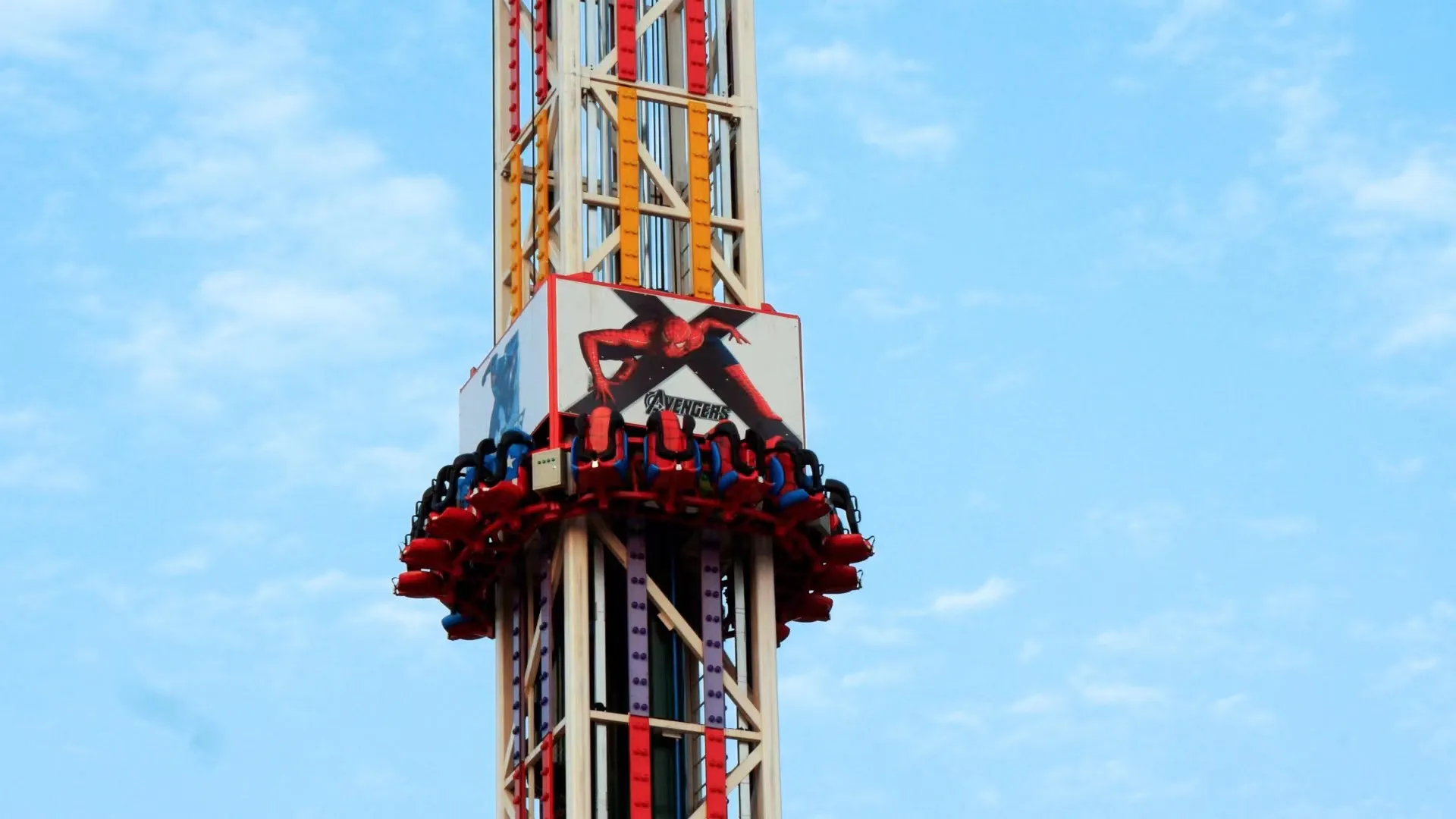- Albanian
- Arabic
- Belarusian
- Bengali
- Czech
- English
- French
- German
- Hebrew
- Hungarian
- Indonesian
- irish
- Italian
- Japanese
- kazakh
- Persian
- Russian
- Thai
- Uzbek
- Vietnamese
Creative Carousel Banner Design Ideas for Engaging Online Presence
The Art of Carousel Banner Design Captivating Your Audience
In the digital age, where attention spans are shorter than ever, effective visual communication is paramount. One of the most engaging elements on a website or advertising campaign is the carousel banner. A well-designed carousel banner not only attracts visitors but also conveys essential information in a visually appealing manner.
A carousel banner is an area of a web page that rotates through a series of images or content, allowing multiple themes or products to be showcased without overwhelming the viewer with information. The key to successful carousel banner design lies in balancing aesthetics, functionality, and user experience.
Visual Aesthetics
First and foremost, the visual appeal of a carousel banner is crucial. The colors, fonts, and images used should align with the brand identity and resonate with the target audience. High-quality, striking images are essential to grab users' attention. It’s important to use images that are relevant to the message being communicated—whether it’s a product, service, or promotional offer. Consistency in design elements, such as color schemes and typography, helps create a harmonious look that reinforces brand recognition.
Content Clarity
carousel banner design

While it’s tempting to fill a carousel with an array of information, clarity should always be prioritized. Each slide should have a clear and concise message, with minimal text that encourages users to engage further. Bullet points or short taglines work well, but it’s essential to eliminate clutter. A well-placed call to action (CTA) on each slide can guide users to take the desired step, whether it’s signing up for a newsletter, visiting a product page, or making a purchase.
User Experience
Another crucial aspect of carousel design is user experience. The navigation should be intuitive, allowing users to easily cycle through the slides. Incorporating navigational arrows, dots, or swipe functionality ensures that users have control over their experience. It's also wise to consider autoplay options—while they can draw attention, they should be formatted in a way that gives users an opportunity to pause or navigate manually. Additionally, ensuring that carousels are mobile-responsive is vital, as more users browse on their smartphones.
Conclusion
In conclusion, carousel banners are powerful tools in digital design, capable of enhancing user engagement and effectively communicating messages. By focusing on visual aesthetics, content clarity, and user experience, designers can create carousels that not only captivate but also convert. As online attention continues to wane, crafting compelling and functional carousel banners will play a significant role in successful digital marketing strategies.
-
Flume Ride: Thrilling Water-Based Adventure | Hebei Zhipao Amusement Equipment Manufacturing Co., Ltd.Aug.01,2025
-
Flume Ride-Hebei Zhipao Amusement Equipment Manufacturing Co., Ltd.|Thrilling Water Attraction&NIST Safety StandardsAug.01,2025
-
Double Ferris Wheel Sale | Premium Custom RidesJul.31,2025
-
Flume Ride-Hebei Zhipao|Water-Based Attraction, Safety Standards, High-Speed DescentJul.31,2025
-
Flume Ride: Thrilling Water-Based Adventure & Advanced Engineering - Hebei ZhipaoJul.31,2025
-
Flume Ride-Hebei Zhipao Amusement Equipment Manufacturing Co., Ltd.|Thrilling Water Attraction&Customizable DesignJul.30,2025
